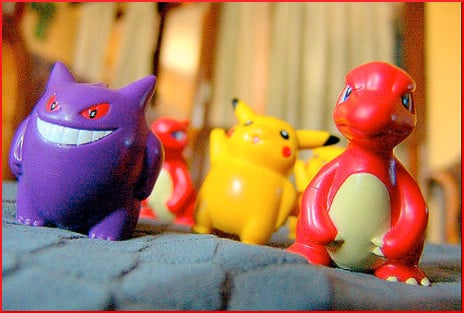
Yesterday, we looked at some responses to Child Obesity Awareness Month from the standpoint of basic factors that don’t seem to be widely addressed. The suspicion that obese kids are not being listened to is upheld when considering the public relations literature from the journal Childhood Obesity.
It seems that the roots of underlying problems are not being reached. A letter to its supporters notes that the publication is read in 170 countries and that its impact factor is 2.543.
We also learn that the content includes “the latest state-of-the-art meta-analytic, systematic, and narrative reviews, randomized clinical trials, innovative empirical reports, and other key childhood obesity issues articles.”
Yet somehow, the trend toward obesity remains in full swing, and it begins to seem as if nobody has come much closer to a definitive answer that will stop that epidemic in its tracks. This may be a hasty conclusion, but a glance at the article titles from several issues reveals no hint that overeating might be a behavioral addiction, or that children might be reacting to the intentionally engineered habit-forming qualities of modern processed foods.
Why is Childhood Obesity News not making a bigger deal out of National Child Obesity Awareness Month? Well, around here, that’s every month. But for anyone who feels that more of an observance is called for, here is a compendium of appropriate and always timely posts from the archive. (To avoid repetition, the month’s name is abbreviated.)
- National COAM
- COAM Retrospective
- In the Midst of COAM
- COAM — Where Are We Now?
- COAM Questions
- Awareness Month, Childhood Obesity Style
- COA and Scratch Cooking
- COA Should Focus on Prevention
- How to Observe COAM
- COAM
Pokemon Go Update
It’s not just that people walk around in search of imaginary critters. Players can buy eggs that acquire the power to hatch when enough footsteps are accumulated. A newly added feature allows steps in the physical world to accrue credit to buy candy for the imaginary beings.
Some journalists have been rather rude, suggesting, for instance, that the game inspires more healthy activity in a week that the White House has inspired in years. David Bartosiak said:
If this came out 8 years ago, the First Lady would have eradicated childhood obesity.
Apparently, many Americans delight in the opportunity to throw shade on the First Lady. Wisconsin writer Andrew Dawson interviewed 22-year-old gamer David Abbott, who said:
This game has done more to combat childhood obesity than anything Michelle Obama has ever done.
Coming at it from a Libertarian perspective, Michigan’s John C. Mosena opined that the cartoon animals “motivated by profit for their developers” are more effective in getting kids off the couch than any of Mrs. Obama’s efforts. He reported that, in July, an estimated 21 million users of of all ages were playing the game for at least half an hour a day. (At the end of August, the estimated number of daily players was 30 million.) Mosena regards this as a reminder of the limits inherent in the “top-down government approach to social problems.”
Meanwhile, let’s hope that no one is rude enough to suggest that Pokeman Go has done more to prevent overweight than either Childhood Obesity News or the American Academy of Pediatrics!
Your responses and feedback are welcome!
Source: “Childhood Obesity,” liebertpub.com, undated
Source: “The Old Guys Guide to Pokemon Go,” Zacks.com, 07/12/16
Source: “Imaginary Pokemon causing some real world issues,” JournalTimes.com, 07/13/16
Source: “Imaginary Murder Pets Versus Michelle Obama,” mackinac.org, 07/15/16
Image by Saad Akhtar

 FAQs and Media Requests:
FAQs and Media Requests: 











